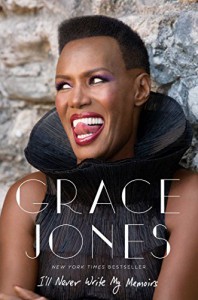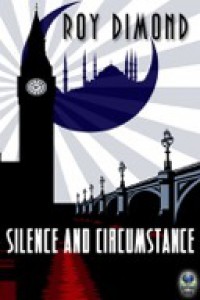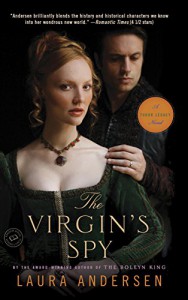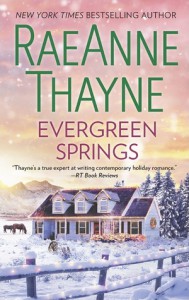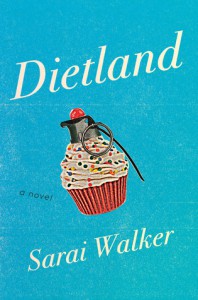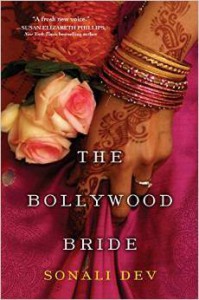

Somewhere in the middle of Beatlebone the author squeezes in an interlude which explains the research that went into authenticating John Lennon's voice for this story, and the history behind Dorinish Island as once owned by the singer. Once you get to this part of the book you may think one of two things: 1) Uh, shouldn't something like this appear at the tail end of the story, like an Afterword?, or 2) Oh, thank God.
This is not to say the prose of Beatlebone will leave your eyes crossed. It's uniquely told, stream of conscious narrative married with rapid exchanges of dialogue, and given the focus of the book it's an appropriate presentation. I think that Barry's interlude in the middle works because it's unexpected, much like the things John experiences in this story, and perhaps unconsciously Barry tipped toward a similar "intermission" gag in the movie Help!
So it's 1978. Lennon hasn't cut a record of original material in about four years. He has a toddler at home and an island on the Western coast of Ireland, bought in the late 60s. He gets the idea if he spends a few days on this deserted floating rock and employs some Primal Scream therapy and chain smoking he'll rejuvenate his creativity. Getting there, though, is half the battle, most of the headache, and all over a trip more surreal than the back-masking on "Strawberry Fields Forever." Seems some of the locals are in no hurry to help John get to where he wants to go. In his de facto guide Cornelius, John find camaraderie and irritation in the same package. Cornelius wants to feed John blood pudding (not on a macrobiotic's menu) and drag him to a pub and help him dodge the press with a quick hideout in a hotel full of "ranters."
John just wants to get to the "fucken" island. What happens from there, a lost "album" spilling from John's mind like coming down from a magnificent high, is at once lyrical and bizarre. Makes you want to go back and find In His Own Write and Spaniard in the Works to see how they compare.
Barry writes in his interlude how he sees most Lennon-centric fiction as "character assassinations." It's easier to do when your subject can't speak up, but Beatlebone aims for an introspective John who doesn't treat everybody like crap. If you're looking for a more traditional narrative this book might drive you nuts, but it's worth the read if you can hold on.




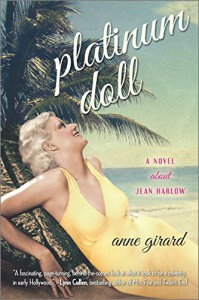

 1
1



